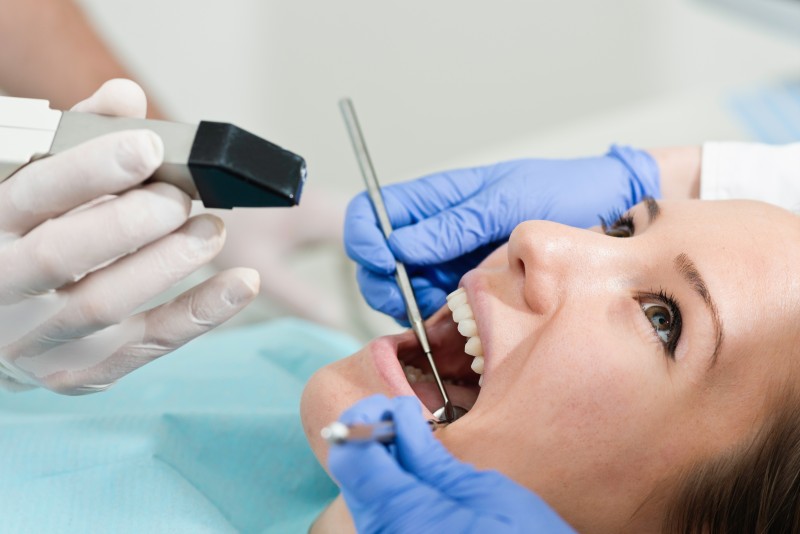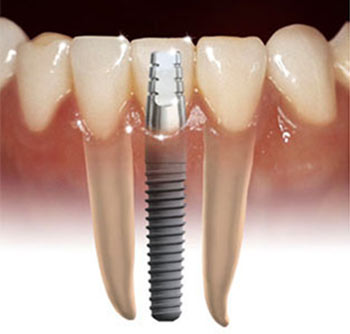Caring oral surgery Treatment involves technology, intelligence and reputation. As in other branches of medicine, dentistry has a number of situations that can only be resolved by performing surgery. Oral surgery is one that deals with the treatment of diseases through surgical procedures. In reality, the vast majority of treatments a surgical dentist makes is one of a broad sense. But, strictly speaking, oral surgery includes operations only when a scalpel is used to access the inside of the body.
Who performs oral surgery?
Although there is a belief that only a maxillofacial surgeon is responsible for performing this type of intervention, this is not true because each dentist is trained and qualified for this type of surgery. Moreover, their knowledge and experience in detailed work makes home or her the ideal professional for this type of intervention, in which the “detail” is sometimes important to achieve functional and aesthetic success.
What are the most frequent interventions in oral surgery?
There are several types of interventions, but of all the most common are wisdom teeth extraction. Other types of oral surgery are gum (periodontal and muco-gingival), periapical surgery, etc. And, of course, the placement of dental implants, which is also a type of oral surgery done with increasing frequency. Interventions are always done under anaesthesia. Therefore they are not painful, but, thereafter, may have to a greater or lesser degree, some discomfort and swelling in the affected area. This will depend, however, on the type surgery and the complexity and duration of it. In such cases, anti-inflammatory analgesics can control symptoms very well.
What care should be taken after performing oral surgery?
In addition to strictly taking medication prescribed by the dentist, it is convenient to: apply ice to the area during the first 6-12 hours after the surgery; do not brush the area where there are stitches, unless special surgical brushes are used; mouth rinses, 2 or 3 times daily with a mouthwash; not eating hot or hard foods (semi diet, the first two or three days in some cases); and avoid alcohol and tobacco during healing. Even physical exercise should be limited. To get Caring oral surgery Treatment, contact your local dentist today.







